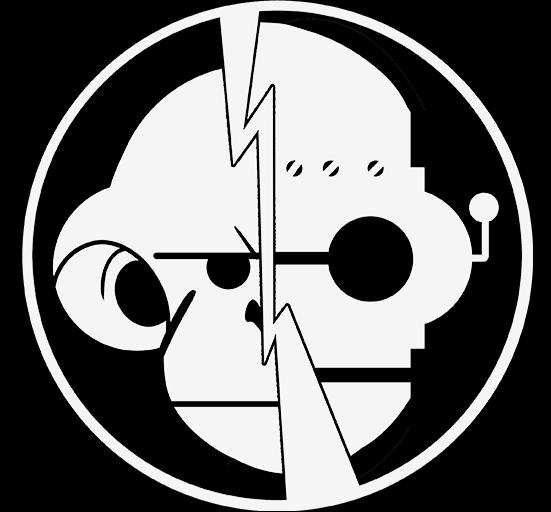One of the pitfalls of reviewing films week after week is certain ones just tend to blend together, especially in the summer season. It’s like the saying goes, you’ve seen one… you’ve seen them all. It’s tough for a movie to stick out when your job is to see them all. I can remember last year, having that feeling when I was sitting in a theater alone watching J.K. Simmons and Miles Teller dual it out in Whiplash. I remember leaving with such a smile on my face because the captivating beauty of that film stood out amid the summer doldrums. Days later, I remember telling people about how great the movie was and all I would hear back is “huh?” … “Whip.. what?”
This week, I left with the same feeling I had after seeing Whiplash, having just seen The End of the Tour. Jason Segel and Jessie Eisenberg transform what was just merely five days in the life of David Foster Wallace into one of the most captivating movies I’ve seen in 2015.
The End of The Tour starts with the 2008 suicide of the author Wallace. It was at this moment that I began thinking that this might be taking a wrong turn, but it quickly flashed back 12 years when David Lipsky (Jessie Eisenberg) was a Rolling Stone staffer and first picked up Infinite Jest, written by Wallace. He tore through the 1,000 page manuscript and proceeded to tell his editor the next day “There hasn’t been a writer like this,” and manages to talk his way into a road-trip piece, featuring the writer for the magazine. It’s at this moment we are introduced to David Foster Wallace, played by Segel.
Director James Ponsoldt and screenwriter, the playwright Donald Marguiles, made some brilliant decisions in the structure,writing, and direction of the film. Most movies would focus more on the “events” during the course of the film; not the case here. Consider, in this film you see David and Daniel going to the Mall of America, to the movies, and buying tons of junk food, al the while these moments have little to no substantive dialogue. The most captivating moments of this movie are when it’s just David and Daniel chatting in various parts of the visit. I admired how the tight shots, especially while they were in the car, as it gives a more intimate feel to the discussion. Instead of trying to capture David Foster Wallace’s life, they are shooting for the “simple” glimpse into a period of time in not only his life but David Lipsky’s as well.
The way The End of The Tour was directed was a deft mixture of simplistic and essential design. Instead of setting up these “elaborate scenes”, several moments were either shot in a car or in a house because the focus was on what was being said during these five days. As it should have been. These moments melded perfectly with the solid screenplay by Donal Margulies. You feel this sense of David Foster Wallace’s unwillingness to buy into the fame that he was achieving, as well David Lipsky’s envy for what Wallace had. The words in this movie spoke louder than action.
The music was appropriate. This is the sort of picture where music didn’t need to overshadow what was happening. You had some 90’s hit’s like REM, but what surprised me was the score that was composed by Tim Burton regular Danny Elfman .
The real star of the movie was the acting. Jessie Eisenberg plays the role of the envious David Lipsky so well that you do feel a bit uncomfortable for David Foster Wallace, as he digs into who the author is during the course of the five-day adventure. I appreciated how you were able to pick up on the conflict that Lipsky was having between wanting to be this great journalist and wanting to be David’s peer. You get a feeling that, even years after the interview, he is still reliving those moments in his mind.
Jason Segel portrays David Foster Wallace in the best performance in his career. What we see on-screen is nothing like we have seen from Mr. Segel as he portrays a sensitive, shy, humble, and socially awkward writer who doesn’t know what to make of this hoopla surrounding his novel. You also saw what a conflicted soul he was, cherishing his solitude, but somehow never wanting to be entirely alone. It is a complex performance. I’m sure detractors might say, well he’s not portraying the David Foster Wallace I knew, but I think we have to remember that this is his interpretation of the man. Remember this is a glimpse into a moment in his life not an autobiographical film.
It’s difficult to wrap my head around the fact that a film about the discussion two men had over the course of five days is this great, but it truly is. The mark of a great picture is one that sits with you days later, percolating. Do yourself a favor and check out The End of The Tour; you will be captivated.



